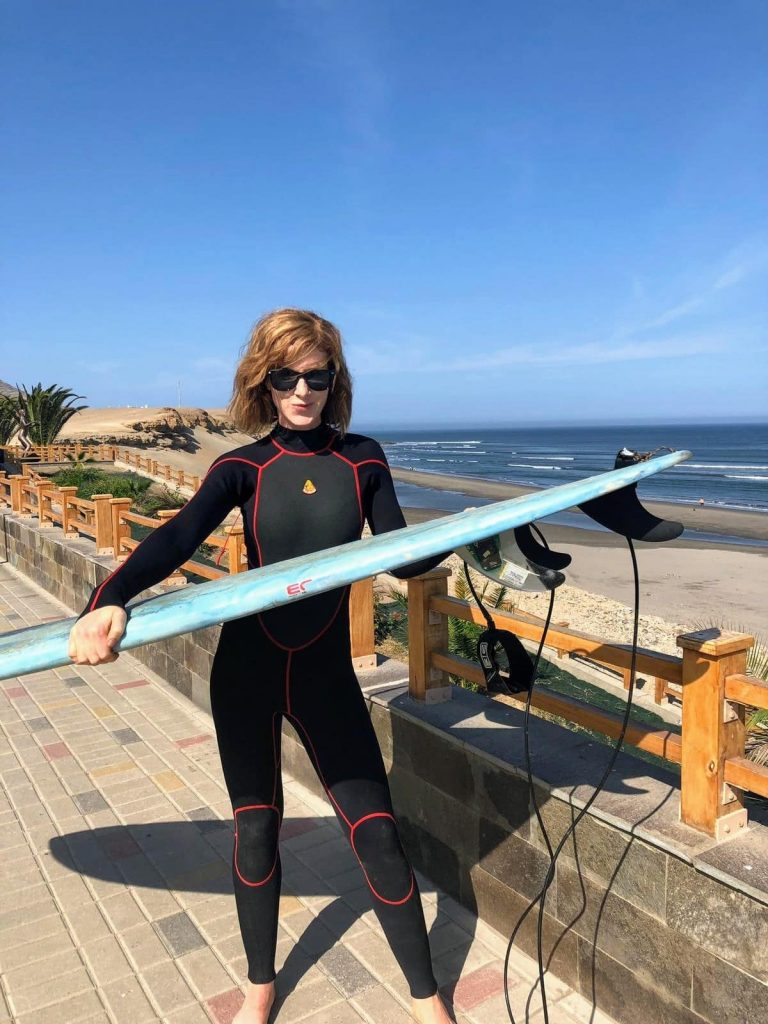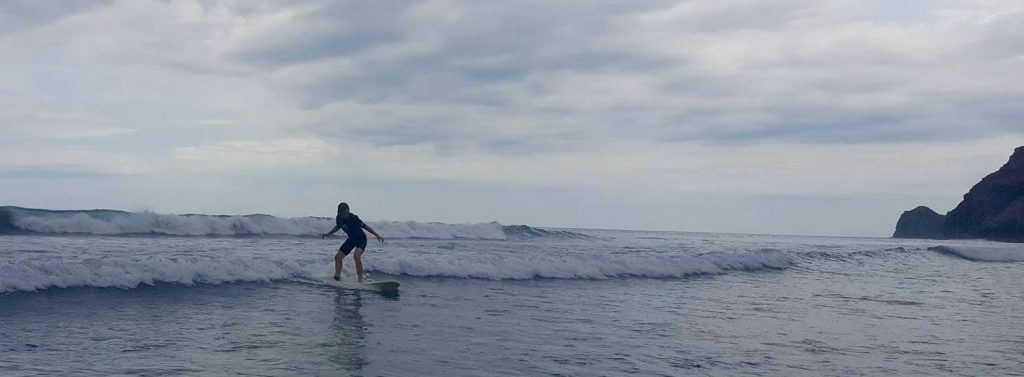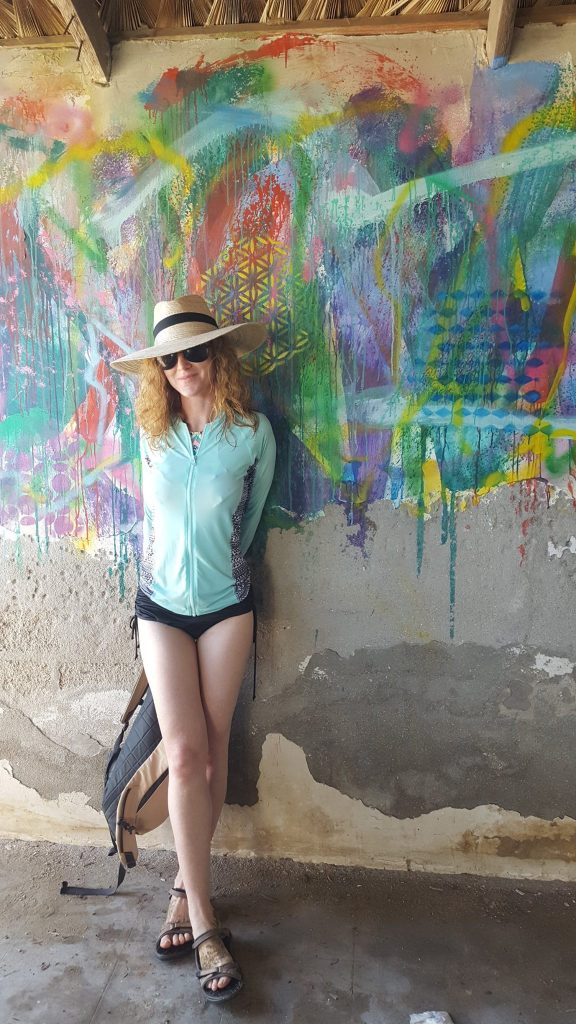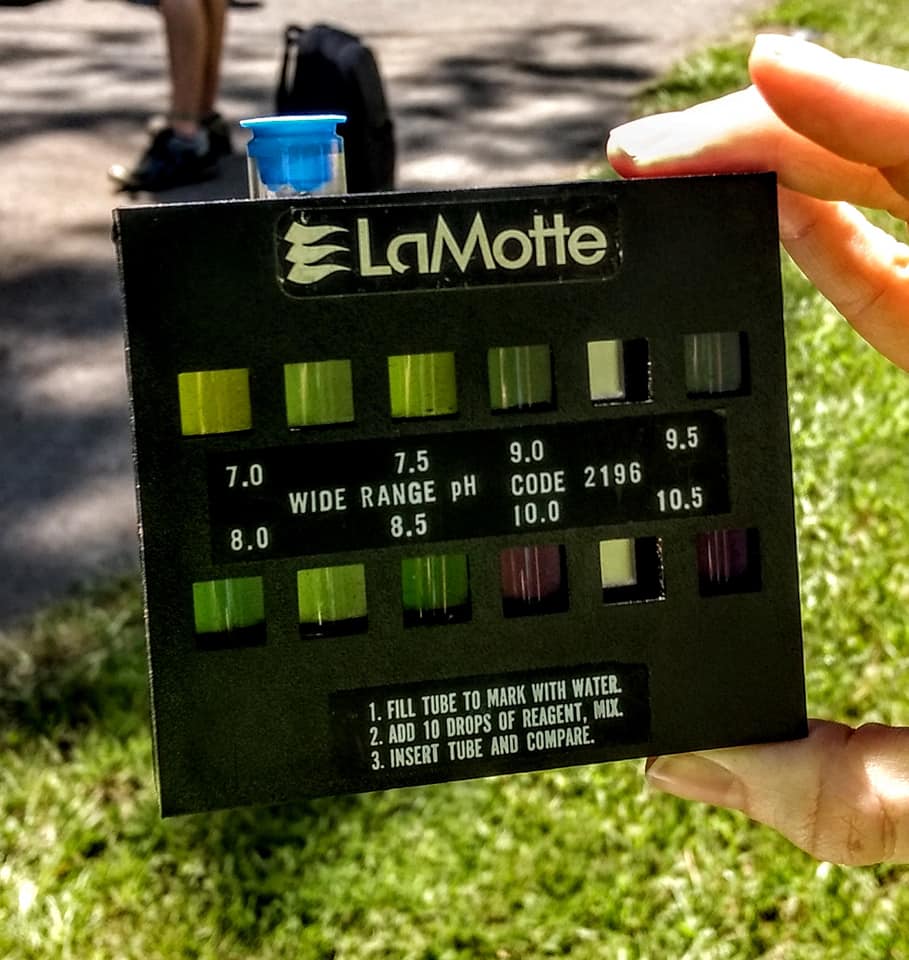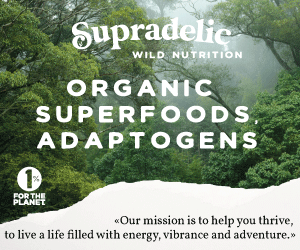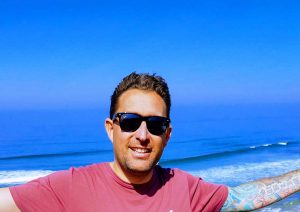
Episode 6: Meet Simon Short, Author of “The Average Surfer’s Guide”
Today my guest is Simon Short, also known as The Average Surfer. Simon is from England but he lives in sunny California. He is a writer. He has been a regular contributor to The Inertia, one of the coolest surfing magazines on the planet.
In 2016, he attracted a lot of attention when he published an inspiring article about Surfing, Depression and the Need for Identity. The success of this intimate and moving story inspired him to continue writing.

